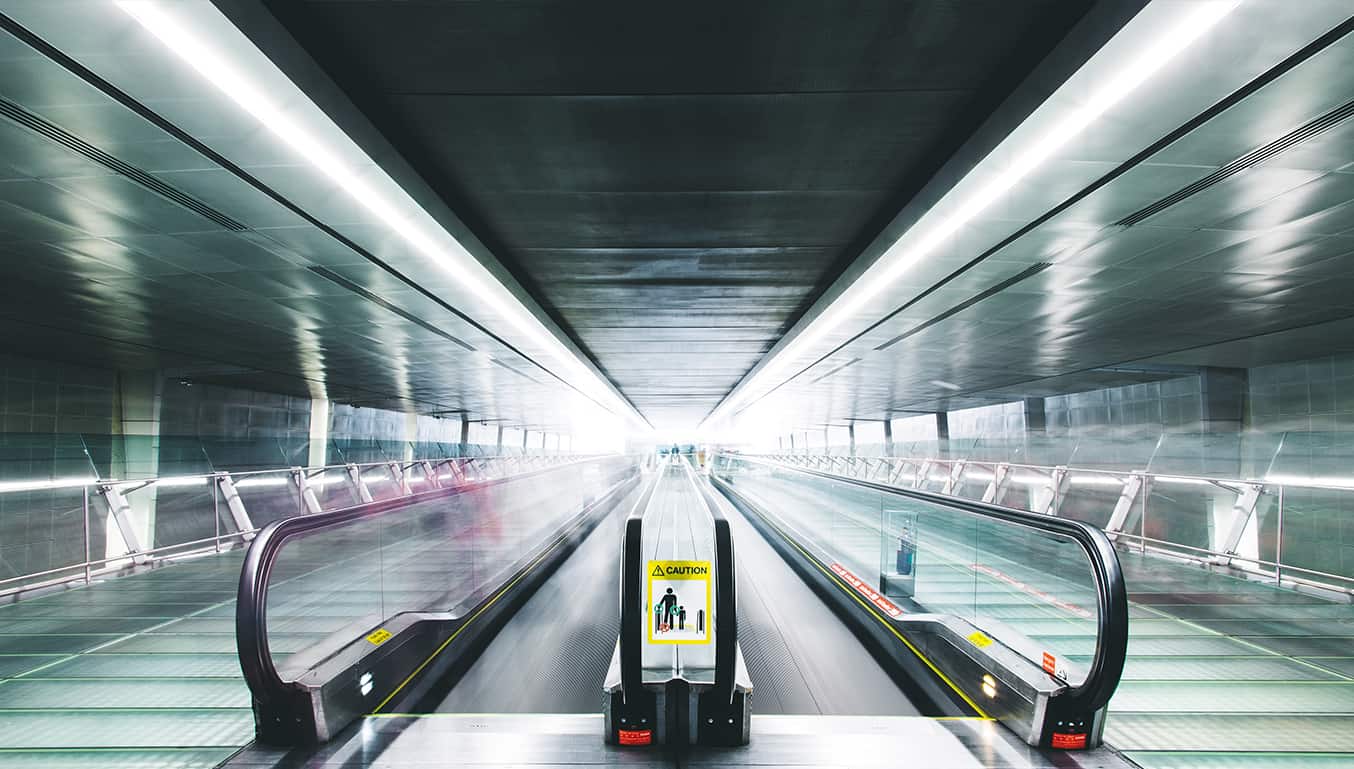From 1 October 2022, the UK Government will introduce changes to the acceptable ways for employers to conduct right to work checks for both new and existing employees.
Since April 2018, employers have been able to conduct online right to work checks on certain individuals, namely those from the EU, the EEA, Switzerland, and recently certain types of UK visa holders. Manual i.e., physical document right to work checks had to be conducted in person until the outbreak of COVID-19 in March 2020, which made it impossible for employers to conduct said checks face-to-face.
The Government adapted its right to work check practices and introduced a temporary overhaul of the rules, allowing employers to conduct ‘adjusted COVID-19 checks’ by using remote video calls to verify right to work documents. Although the latest method of remote checks has been highly popular due to its convenience (resulting in the end date for the adjusted checks being regularly extended on numerous occasions), it carries a considerable risk for employers. It has been the case that many employers have been provided with false/forged documents whilst conducting the remote checks, resulting in unknowingly employing illegal workers. This mistake can result in employers paying hefty penalties and being charged with a myriad of other serious offences.
To mitigate this risk but retain the ease and benefit of digital right to work checks, from 1 October 2022, the ‘adjusted COVID-19 checks’ will end, however, the online right to work service will remain in addition to the option for employers to digitally verify a British/Irish citizen’s right to work in the UK.
It has been the case that many employers have been provided with false/forged documents whilst conducting the remote checks, resulting in unknowingly employing illegal workers.
From 1 October 2022, right to work checks can be conducted as follows:
- Manual right to work check – manual checks of eligible physical documents can only to be done face-to-face and no longer remotely via video call.
- A right to work check using Identity Document Validation Technology (IDVT) via the services of an Identify Service Provider (IDSP) – IDVT checks via a provider of ID verification services (IDSP) are available, if an employer so chooses, to verify the right to work of British and Irish workers.
- A Home Office online right to work check – migrant workers who possess a Biometric Residence Permit (BRP), Biometric Residence Card (BRC), or Frontier Worker Permit (FWP) must prove their right to work via the Home Office online right to work service.
Digital identity document validation technology (IDVT)
The Home Office will provide a comprehensive list of available and approved IDSP servers in due course. At present, the available IDSP servers include Yoti and Post Office EasyID, HooYu Limited, TrustID Limited, Digital Identity Net UK Limited, Paycasso Verify Ltd trading as Xydus, Sterling (EMEA) Limited, T4 Communications UK Ltd T/A Rightcheck, Deloitte LLP, Credas Technologies Ltd, Amiqus Resolution Ltd, and Digidentity B.V.
Defence against penalty for employers
Employers do not need to carry out retrospective checks on employees who had a COVID-19 adjusted check between 30 March 2020 and 30 September 2022 (inclusive). Employers should maintain a defence against a civil penalty if the checks they have undertaken during this period were done in the prescribed manner as set out in the COVID-19 adjusted checks guidance, however, any individual identified without a right to work in the UK may still be liable to enforcement action.
A statutory excuse against a civil penalty will only be established if a right to work check is carried out in one of the legally prescribed manners.
How can we help:
If you are an employer and require further clarification or guidance in respect of the above, please do not hesitate to contact us and we will be happy to help.




